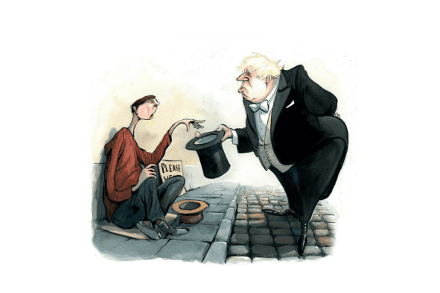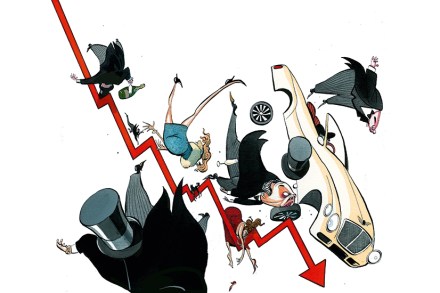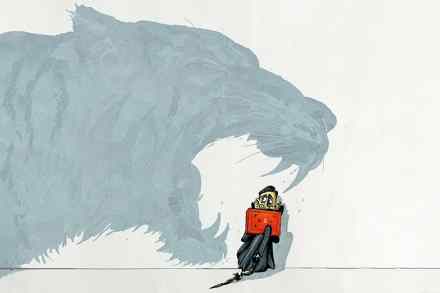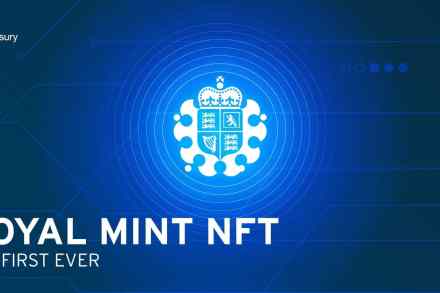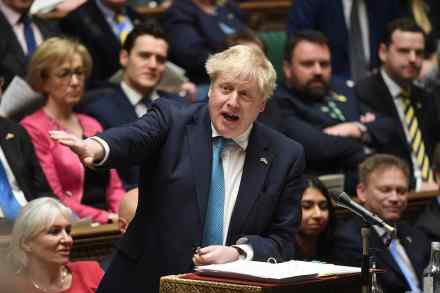A football regulator is bad news for the beautiful game
It will stop shady oligarchs and brutal autocracies buying up clubs simply to whitewash their reputations. It will ensure financial stability and fair play between the teams. And it will protect local fans, many of whom have been standing on windswept terraces for years, from seeing their teams turned into mere units of anonymous global corporations. In the wake of the Super League fiasco, and the sanctioning of Chelsea owner Roman Abramovich, it is not hard to understand why the government has today announced the creation of an Independent Football Regulator with sweeping power to oversee the national game. But hold on. Like all regulators, while it is no doubt well



